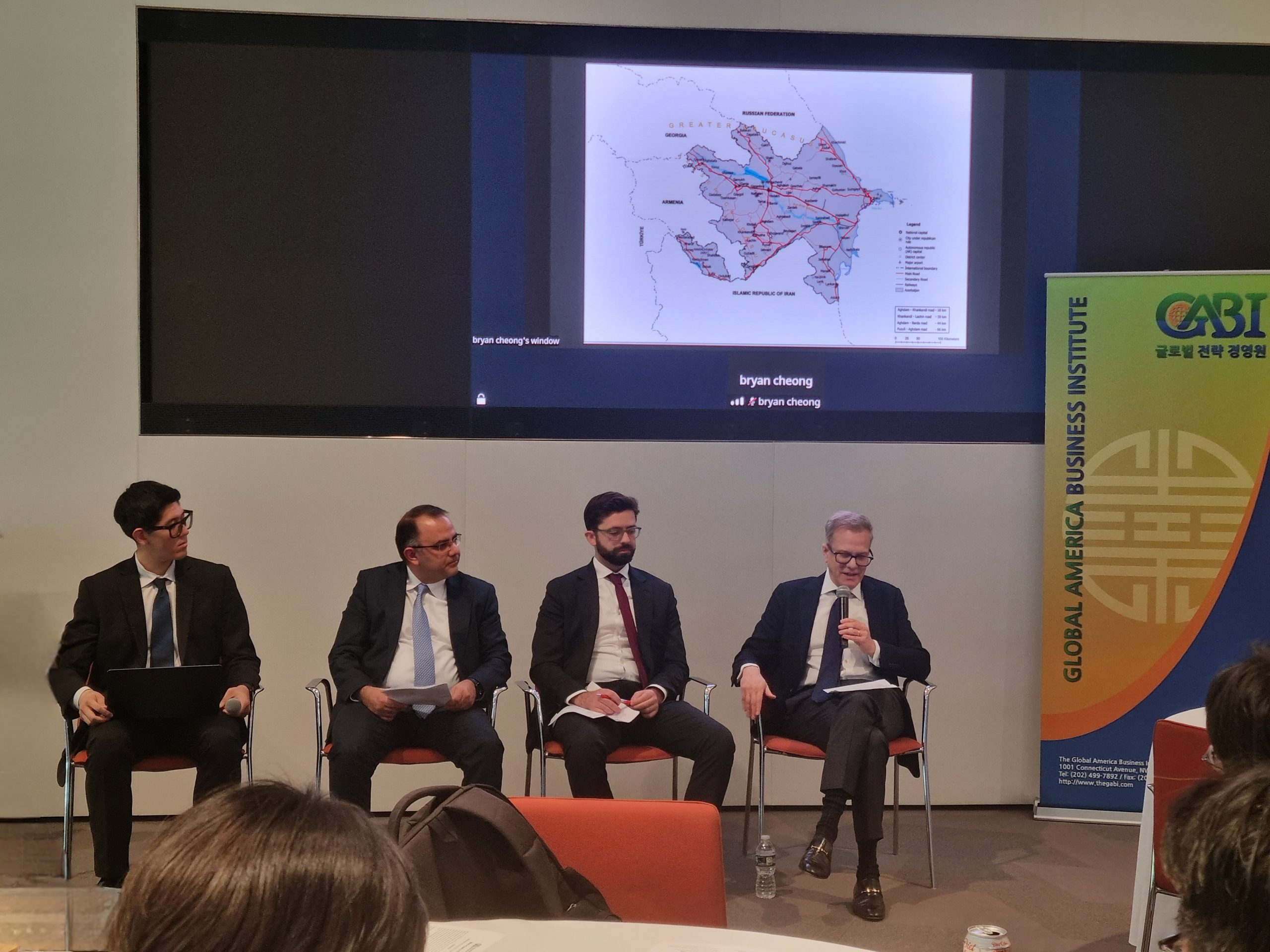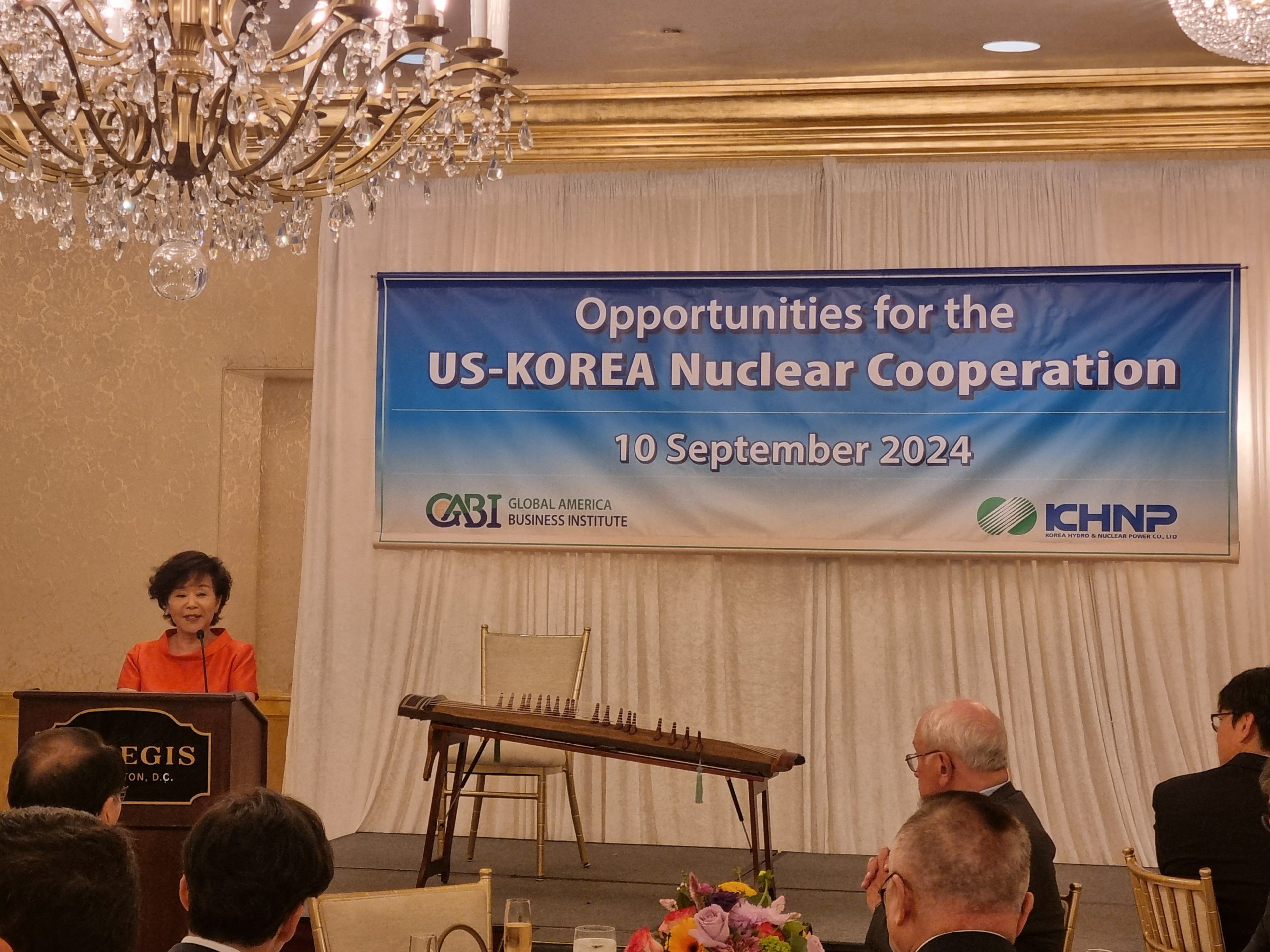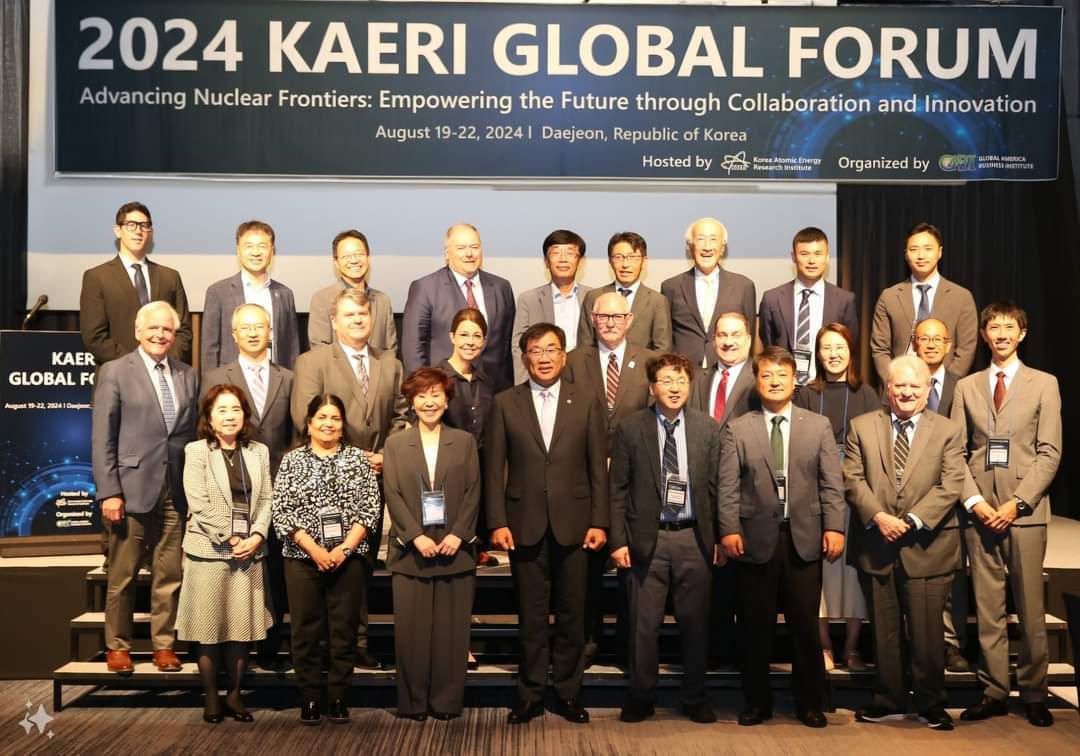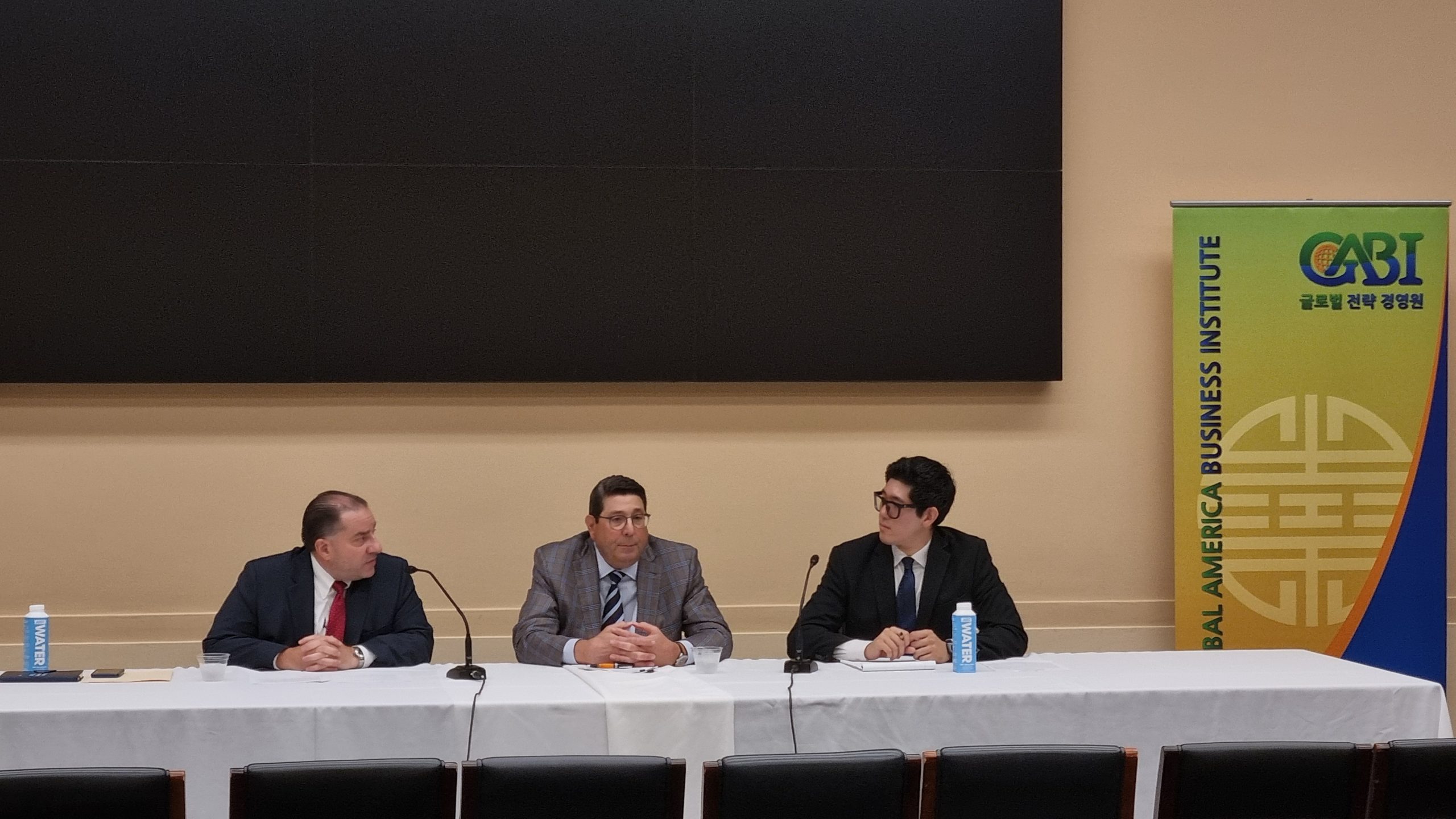Global CO2 emissions are not abating any time soon. Since the Kyoto Protocol at 1997, global emissions have
only risen. Significant emissions reductions need to be made to reach the global climate goals. This
fundamental issue has brought nuclear back into the perspective of a clean energy mix. As renewables scale
up around the world, there are significant obstacles from the footprint of the renewable energy projects.
Solar farm projects and wind farm projects take up a significant amount of land space, as opposed to nuclear
which has an extremely small footprint. In the past, nuclear has been the fastest path to non-carbon
electricity. In the case of France, around 1980, heavy investment into nuclear projects significantly reduced
the amount of fossil sources and carbon emissions. The energy transition France underwent took
approximately 15 years, which suggests that a similar energy transition now globally could affect a similar
outcome for global emissions reductions. In order to be relevant to climate, the current rate of building 10s
of GW of nuclear per year must be increased to building 100s of GWs of nuclear per year.







